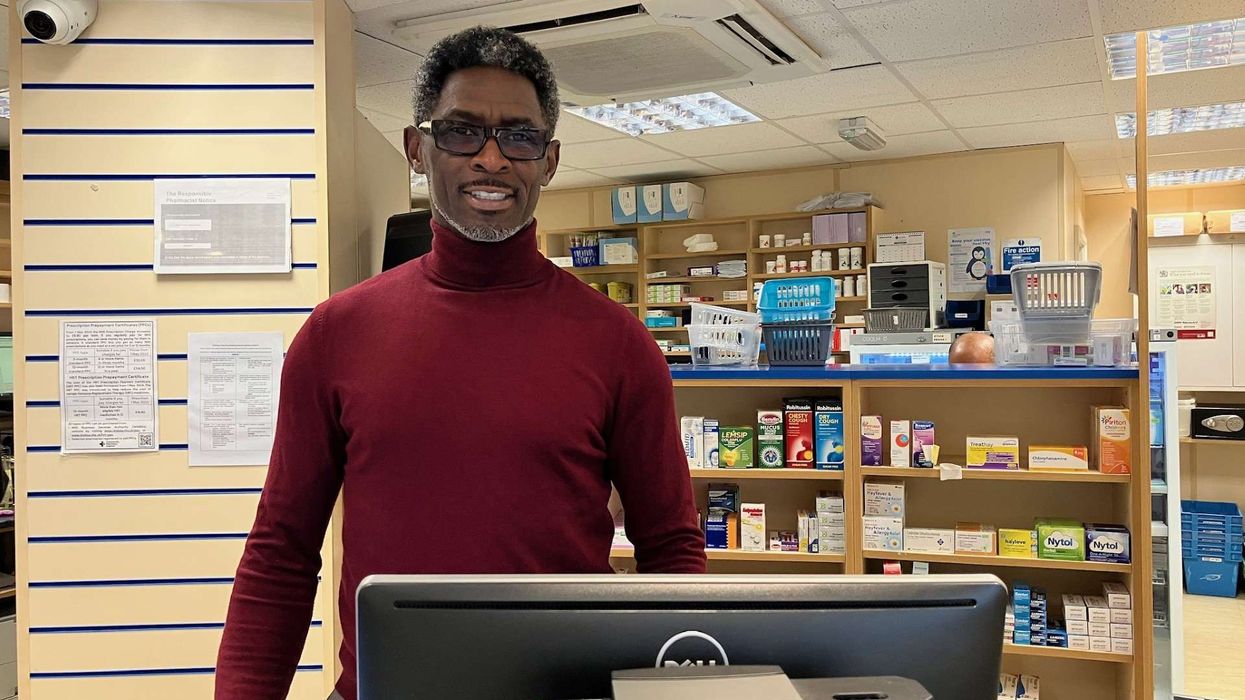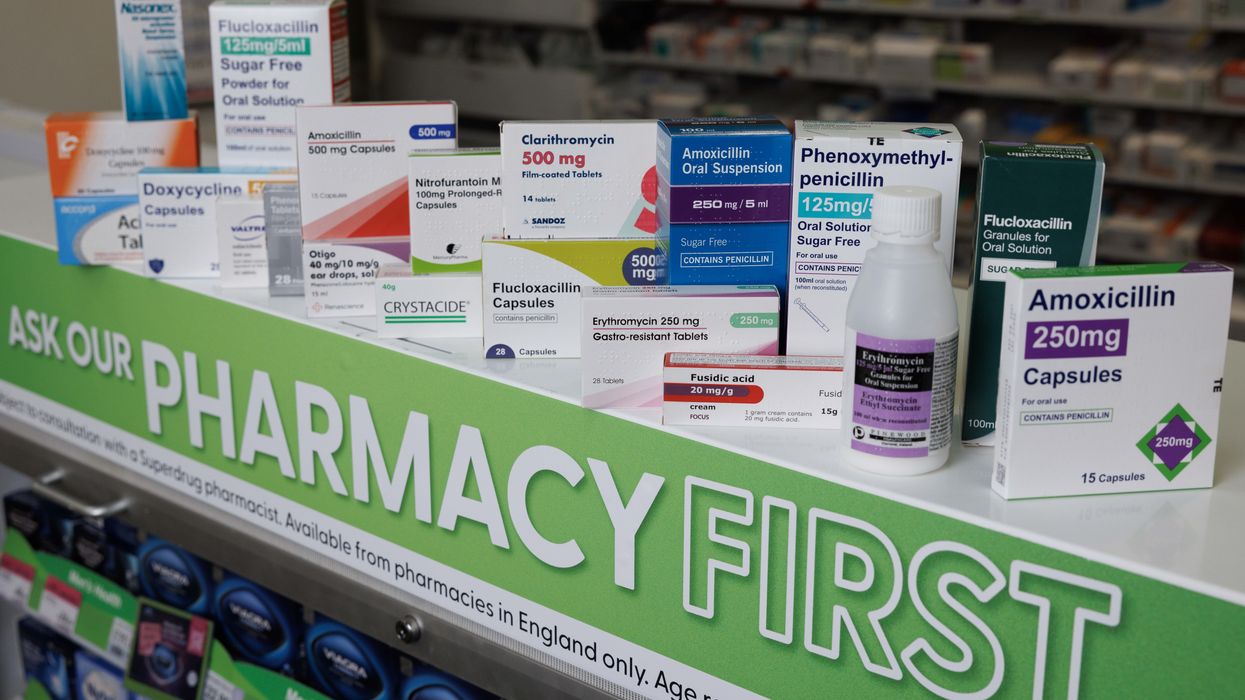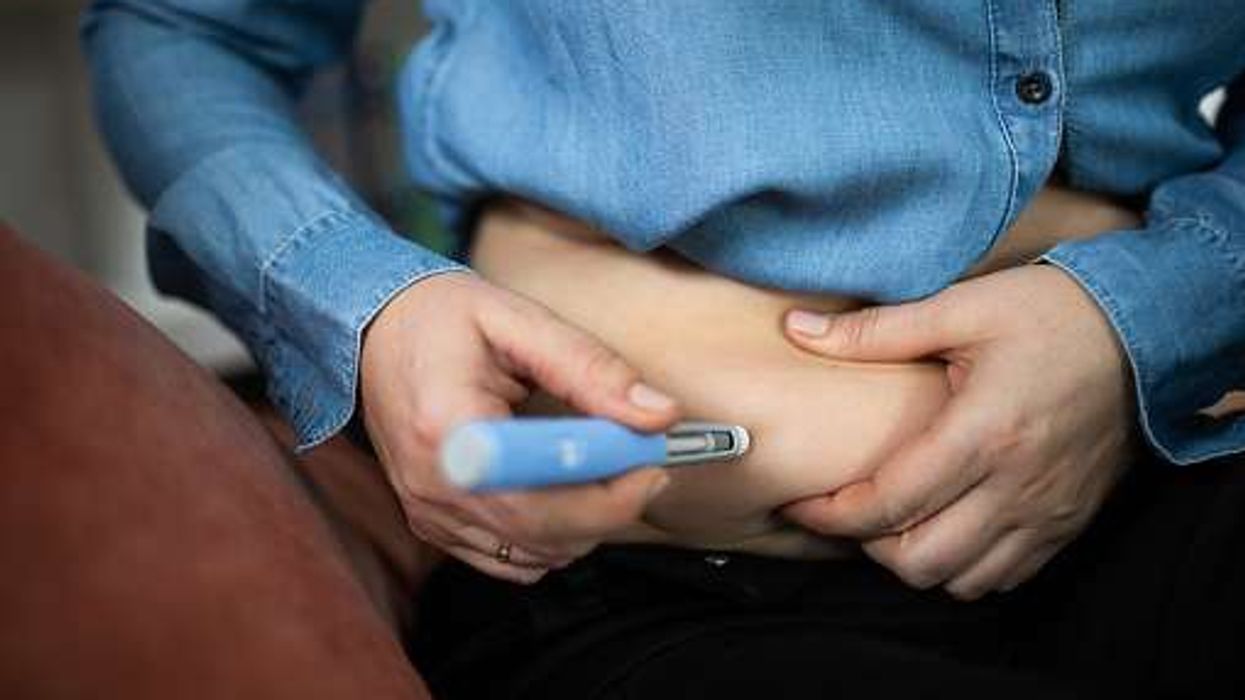A policy brief, developed by researchers from the University of Bath and University of Strathclyde with funding from Sigma Pharmaceuticals, has recommended the Department of Health and Social Care (DHSC) and NHS to increase community pharmacy funding to avoid damaging closures and diminution of quality.
The report launched on Wednesday (12 June) at an event in the House of Commons, attended by Members of Parliament, senior policymakers and the pharmacy industry, analysed community pharmacy policies and spoke to stakeholders to explore their opinions of the future of community pharmacy.
It was found that patients value their community pharmacies, but staff feel demotivated, insecure and undervalued.
Stakeholders and policies suggested that in the future, medicines should be supplied by automated ‘hub and spoke’ dispensing, enabling community pharmacy staff to provide services that relieve pressure on GP surgeries, such as long-term conditions management, urgent care and public health.
However, this will require new training, access to health records and national commissioning with sufficient funding based on the quality of services. To achieve this, the report suggested professional leadership must be stronger, more unified and proactive; professional policies should be more transparent with greater stakeholder involvement and there is also a need for some community pharmacies to provide more space and greater privacy.
In its recommendation to DHSC and NHS, the report has suggested reform of the NHS community pharmacy contract to reward quality, not dispensing volume; facilitate ‘hub and spoke dispensing’, while ensuring that all patients can quickly access urgent medicines and have face-to-face contact with a pharmacist whenever they need it; ensure funding and provision of training for all community pharmacy staff to provide new services, especially independent prescribing; include support to release staff to study during pharmacy opening hours; provide community pharmacists with read and write access to patient health records, with appropriate safeguards aligned to patient preferences; and align NHS contracts for GPs and community pharmacies to encourage collaboration, not competition.
Recommendation to Pharmacy ProfessionalThe report has recommended the pharmacy professional to take urgent action to better support the community pharmacy workforce to feel motivated, secure and valued.
It suggested ensuring that professional leadership and representation for community pharmacy is stronger, and more proactive than at present. Give a united message to multiple audiences such as the public, NHS and Government.
It added: “Develop policies with greater transparency and stakeholder involvement, to ensure they focus on patient and NHS need. Ensure community pharmacy policies and culture prioritise the quality of care. Generate more evidence for the safety and effectiveness of community pharmacy services.
Develop more community pharmacy services for mental health, cancer and health inequalities. Ensure funding and provision of training for all community pharmacy staff to provide new services, especially independent prescribing. Include support to release staff to study during pharmacy opening hours. Ensure all community pharmacies have sufficient high-quality, private space for patient services.
Dr Matthew Jones, Senior Lecturer in the Department of Life Sciences at the University of Bath, said: “Community pharmacies already supply medicines and provide medical consultations to the public without the need for an appointment.
“They are generally more accessible than GPs, as around 89% of people live within 20 minutes’ walk of a community pharmacy, and many have extended opening hours, including at times when GP surgeries are normally closed.
“It makes sense to empower pharmacists to increase their patient-facing work to safely and effectively manage long-term conditions such as diabetes or asthma, minor ailments such as sore throats and earache, and promote public health with vaccinations and smoking cessation services.
“However, putting this in place requires new training, full access to health records and national commissioning with sufficient funding based on the quality of services. We believe making more effective use of community pharmacists could go a long way to help address the current NHS challenges in GP services.”
Dr Piotr Ozieranski, Reader in the Department of Social Policy Sciences at the University of Bath, said: “Our research highlights a key role community pharmacists could play in the face of increased pressure on GP services.
“This requires a rethink and overhaul of how prescriptions are currently managed, but we see an opportunity here which the Government should seize."
Professor Margaret Watson, Professor of Health Services Research and Pharmacy Practice at the University of Strathclyde said: "Community pharmacy personnel achieved so much throughout the Covid pandemic; imagine what could be achieved with appropriate funding and workforce enablement.
“Pharmacists are society's experts on medicines, which are the most commonly used healthcare treatment.
“Government investment in community pharmacy services isn't just good for health it's essential for building a better future for the people of Britain."
The findings of this project, funded by Sigma Pharmaceuticals, have also been supplied as evidence to the current Health & Social Care Committee Pharmacy Inquiry.











